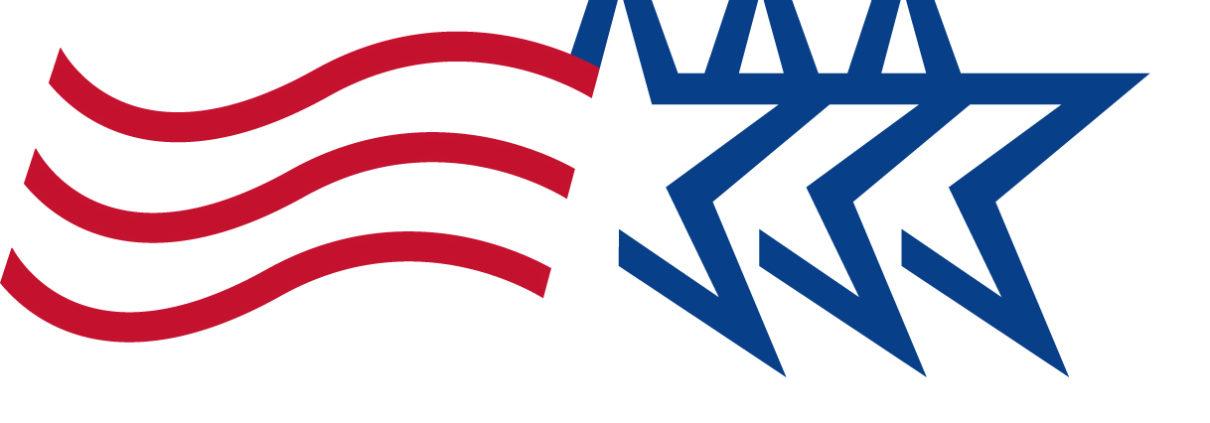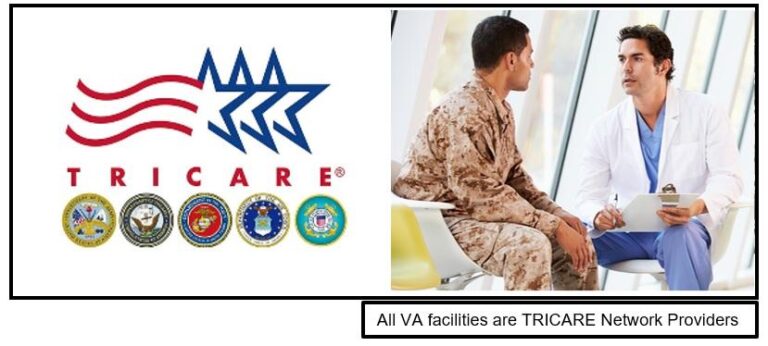
TRICARE Q&A: Getting Care With Active Duty Dental Program
For active duty service members and their families, dental health is a crucial part of overall readiness and wellness. Navigating the Active Duty Dental Program under TRICARE can sometimes raise questions about eligibility, coverage, and how to access care. In this comprehensive TRICARE Q&A guide, we break down essential information to ensure you get the best dental care possible through this vital military benefit.
What Is the Active Duty Dental Program?
The Active Duty Dental Program (ADDP) is a dental benefit designed specifically to provide comprehensive dental care to active duty service members. This program ensures that military personnel maintain optimal dental readiness which contributes directly to their overall deployment and mission capabilities.
Key Features of the Active Duty Dental Program
- Routine preventative care including cleanings and exams.
- Comprehensive treatment coverage for dental emergencies and restorative care.
- Access to military dental clinics as the primary source of care.
- Optional access to civilian dental providers when military care is unavailable.
Who Is Eligible for the Active Duty Dental Program?
Eligibility is straightforward but important to understand:
- Active Duty Service Members from all branches of the U.S. military enrolled in TRICARE are automatically eligible.
- Reservists on active orders for 30 days or longer also qualify.
- Family members and retirees have separate dental plans and are not covered under the ADDP.
How to Get Care Under the Active Duty Dental Program?
Understanding the steps to access dental care helps expedite treatment and reduce confusion. Here’s what you need to do:
- Locate a Military Dental Clinic: Start by scheduling an appointment at your nearest military dental treatment facility (DTF). These clinics are your primary providers for ADDP care.
- Emergency Care: If you experience dental emergencies when the DTF is closed or unavailable, seek urgent care at a civilian emergency dental provider and follow up with the DTF.
- Referral for Specialty Services: If your dental condition requires specialty care beyond what the military clinic can provide, your provider will arrange referrals.
What Dental Services Are Covered?
The Active Duty Dental Program offers extensive coverage for a wide range of dental services to maintain readiness and health.
| Service Category | Covered Procedures | Notes |
|---|---|---|
| Preventive Care | Routine exams, cleanings, fluoride treatments | No cost to active duty service members |
| Restorative Care | Fillings, root canals, crowns | Requires clinical evaluation |
| Emergency Dental Care | Treatment for dental pain, infections, injuries | Available 24/7 in emergencies |
| Orthodontics | Limited, usually only for active duty dependent children | Requires approval and referral |
| Oral Surgery | Extractions, biopsy, minor surgical procedures | Provided primarily at DTFs |
Common Questions About Active Duty Dental Program
Q: Can I use civilian dentists with the ADDP?
Typically, active duty members receive care at military dental clinics. Civilian care is only authorized when a military clinic cannot provide the necessary treatment or in emergency situations.
Q: Is the dental care under ADDP free?
Dental care obtained through the ADDP at military treatment facilities is free for active duty members. Costs may apply if care is sought outside the military system under special circumstances.
Q: Do family members qualify for ADDP dental benefits?
No, family members and retirees have separate dental coverage options under TRICARE Dental Program (TDP) or TRICARE Retiree Dental Program (TRDP).
Q: How often can I get dental exams and cleanings?
Active duty members typically have access to preventative care annually or as recommended by their dentist to maintain dental readiness.
Benefits of Using the Active Duty Dental Program
- Cost-effective care: No out-of-pocket expenses at military clinics for covered services.
- Prioritized access: Priority scheduling for active duty personnel helps maintain readiness.
- Comprehensive care: Wide coverage of essential dental procedures ensuring full oral health support.
- Integrated military health system: Seamless communication between dental and medical care teams.
Practical Tips for Navigating Your Dental Care with ADDP
- Schedule routine visits early: Clinics can be busy—book appointments ahead of time when possible.
- Keep your issued dental records updated: Proper documentation streamlines care and referrals.
- Know your local dental treatment facility hours and emergency contacts.
- Use dental hygiene best practices daily to reduce the need for extensive treatment.
- Communicate any dental pain or issues immediately so they can be addressed before deployment.
Real-Life Experience: Active Duty Member Insights
John, a U.S. Army Infantryman, shares his experience: “The Active Duty Dental Program was straightforward to use. I went to the post dental clinic for my checkups, and they handled a root canal efficiently without any cost. The staff was professional, and they helped coordinate care even when I was preparing for deployment.”
Conclusion
Maintaining good dental health is vital for active duty service members as it directly impacts mission readiness and overall well-being. The Active Duty Dental Program through TRICARE is a critical resource providing comprehensive and cost-free dental care at military clinics. Understanding eligibility, coverage, and how to access care will help you maximize this benefit with ease. Remember to schedule routine exams, address dental issues promptly, and use the program to keep your smile healthy and ready.
For the latest updates and more detailed information, always visit Health.mil.


